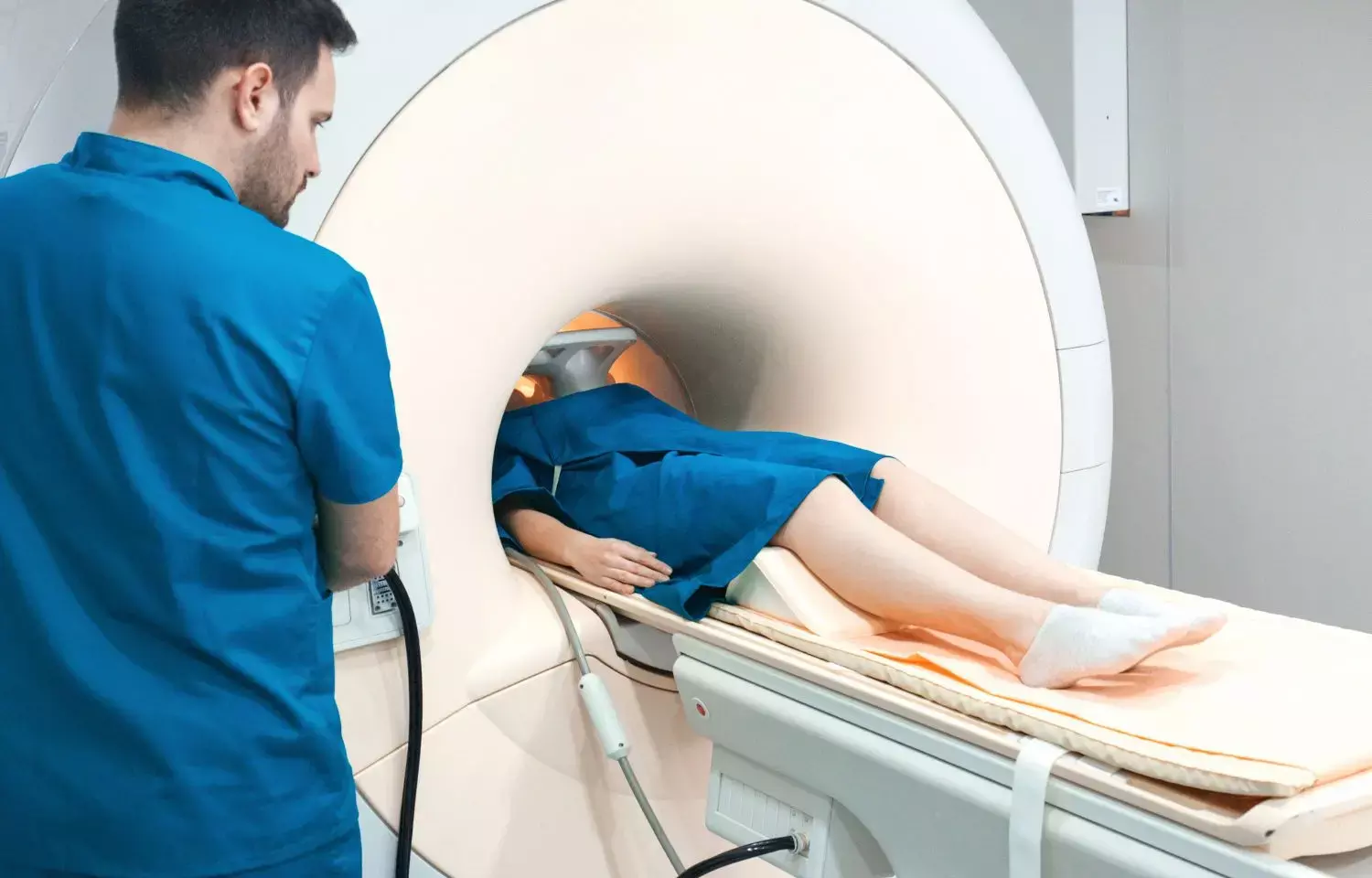- Home
- Medical news & Guidelines
- Anesthesiology
- Cardiology and CTVS
- Critical Care
- Dentistry
- Dermatology
- Diabetes and Endocrinology
- ENT
- Gastroenterology
- Medicine
- Nephrology
- Neurology
- Obstretics-Gynaecology
- Oncology
- Ophthalmology
- Orthopaedics
- Pediatrics-Neonatology
- Psychiatry
- Pulmonology
- Radiology
- Surgery
- Urology
- Laboratory Medicine
- Diet
- Nursing
- Paramedical
- Physiotherapy
- Health news
- Fact Check
- Bone Health Fact Check
- Brain Health Fact Check
- Cancer Related Fact Check
- Child Care Fact Check
- Dental and oral health fact check
- Diabetes and metabolic health fact check
- Diet and Nutrition Fact Check
- Eye and ENT Care Fact Check
- Fitness fact check
- Gut health fact check
- Heart health fact check
- Kidney health fact check
- Medical education fact check
- Men's health fact check
- Respiratory fact check
- Skin and hair care fact check
- Vaccine and Immunization fact check
- Women's health fact check
- AYUSH
- State News
- Andaman and Nicobar Islands
- Andhra Pradesh
- Arunachal Pradesh
- Assam
- Bihar
- Chandigarh
- Chattisgarh
- Dadra and Nagar Haveli
- Daman and Diu
- Delhi
- Goa
- Gujarat
- Haryana
- Himachal Pradesh
- Jammu & Kashmir
- Jharkhand
- Karnataka
- Kerala
- Ladakh
- Lakshadweep
- Madhya Pradesh
- Maharashtra
- Manipur
- Meghalaya
- Mizoram
- Nagaland
- Odisha
- Puducherry
- Punjab
- Rajasthan
- Sikkim
- Tamil Nadu
- Telangana
- Tripura
- Uttar Pradesh
- Uttrakhand
- West Bengal
- Medical Education
- Industry
Many masks containing metal nose strips and clips unsafe in MRI machines

Researchers have found in a new study that many masks containing metal nose strips and clips unsafe in MRI machines.The team of researchers tested eight different types of commercially available filtering face piece (FFP3) respirators and found that five contained magnetic components that they regarded as 'MRI unsafe'.
Many masks contain metal nose strips or clips to help shape the mask over the nose or metal staples to hold the elastic straps in place. Some masks also have an antimicrobial coating containing typically silver or copper.
When reacting with the huge magnets inside an MRI machine, the metals components can cause a number of complications, including the displacement of the mask, the risk of the metal components flying off, or potentially burning the patient.
There has already been one incident reported in the USA where a patient reported a face mask burn whilst undergoing an MRI scan. Furthermore, metal components can also cause artefacts to appear on a scan which can, in some cases, make the scans unusable.
In the absence of any official guidance around the wearing of masks in and around MRI machines, the team recommend a colour coded system to distinguish between 'MRI safe' masks and the ones that a patient may be wearing to their appointment on the day.
In their study, the team performed three MRI scans on a 3D printed model of a head and neck which was fitted with eight commercially available FFP3 masks.
The safety of each mask was based on the presence of ferromagnetic material components, the presence of metallic material, a measurable deflection at the bore of the MRI machine, and a temperature measurement greater than 40°C during testing.
The team found that five of the eight masks contained ferromagnetic components and were thus classified as "MRI unsafe". Two masks were deemed "MRI safe" whilst one was deemed "MRI conditional" due to the potential risk of local heating under certain conditions within the MRI machine.
"At present there is no safety documentation surrounding the wearing of face masks in and around an MRI machine so hospital staff are unaware of the potential hazards that masks could pose," said lead author of the study Dr Bethany Keenan, from Cardiff University's School of Engineering.
"It is therefore extremely important to not assume that a mask is safe prior to an MRI examination, and to conduct a safety evaluation to determine which components are made of ferromagnetic metals and which are non-ferromagnetic metal.
"We suggest that where possible, surgical masks should be ordered in a separate colour to distinguish between an 'MRI safe' and an 'MRI unsafe' surgical mask."
Reference:
MRI safety, imaging artefacts, and grid distortion evaluated for FFP3 respiratory masks worn throughout the COVID-19 pandemi. B.E.Keenan, F.Lacan, A.Cooper, S.L.Evans, J.Evans, https://doi.org/10.1016/j.crad.2022.05.001
Dr Kamal Kant Kohli-MBBS, DTCD- a chest specialist with more than 30 years of practice and a flair for writing clinical articles, Dr Kamal Kant Kohli joined Medical Dialogues as a Chief Editor of Medical News. Besides writing articles, as an editor, he proofreads and verifies all the medical content published on Medical Dialogues including those coming from journals, studies,medical conferences,guidelines etc. Email: drkohli@medicaldialogues.in. Contact no. 011-43720751


